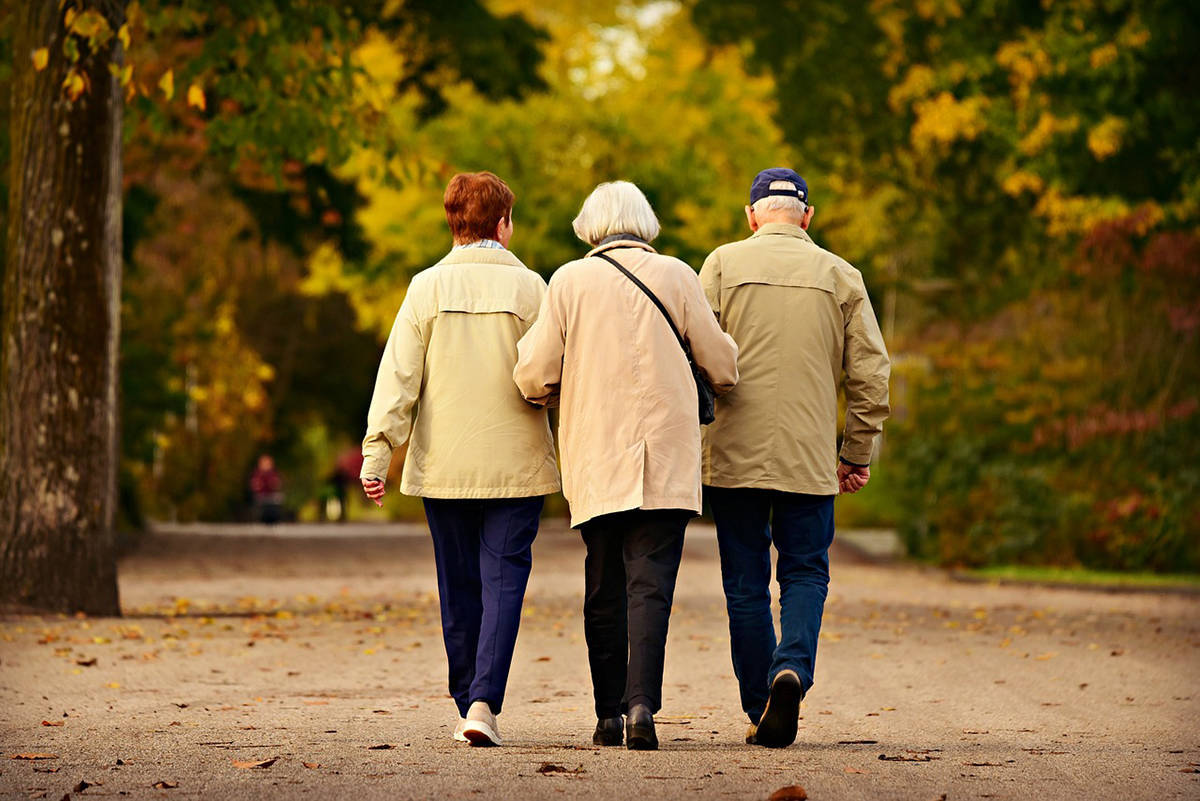June 15 is World Elder Abuse Awareness Day. On that day, communities in the United States and all over the world will sponsor events to highlight solutions to this systemic social challenge.
The State of Alaska, Long-Term Care Ombudsman, the State of Alaska, Division of Senior and Disabilities Services, AARP-Alaska and the Alaska Commission on Aging are proud to participate in this national conversation and will also host a series of trainings on Elder Abuse Awareness and Prevention. Our united goal is to protect the health, safety, welfare and rights of seniors living in Alaska.
Currently, 91,281 elders aged 65 and older live in Alaska. According to the data from the Administration on Aging, Alaska is the most rapidly aging state in the United States. The number of seniors in Alaska will continue to increase over the next decade.
It is important that elders in Alaska have the supports in place to age well wherever they choose to live. As Americans, we believe in justice for all, yet older members of our society are abused or neglected each day across this country.
Older people are vital, contributing members of American society and their maltreatment diminishes all of us. Just as we have confronted and addressed the social issues of child abuse and domestic violence, so too can we find solutions to address issues like elder abuse, which also threatens the well-being of our community.
Societal norms and practices make it hard for elders to stay involved with and connected to our communities as they age. As a result, elders are more likely to experience social isolation, which increases the likelihood of abuse and neglect. We can design stronger societal supports to keep elders connected and protect them from abuse, whether financial, emotional, physical or sexual.
When we address a root cause, like social isolation, we also make it less likely that people will become neglected. Elders who are socially connected and protected from harm are less likely to be hospitalized, less likely to go into nursing homes and less likely to die.
We can and must create healthier and safer living environments for older adults, including in their homes, nursing homes and assisted living facilities.
Get more information about how to make a difference by visiting the National Center on Elder Abuse https://ncea.acl.gov or by calling the Eldercare Locator at 1-800-677-1116 to explore local community services and supports.
Stephanie Wheeler is the long-term care ombudsman for the State of Alaska. John Lee is the director of the Division of Senior and Disabilities Services at the Alaska Department of Health and Social Services. Lisa Morley is the executive director of the Alaska Commission on Aging. Teresa Holt is the director for AARP – Alaska.

